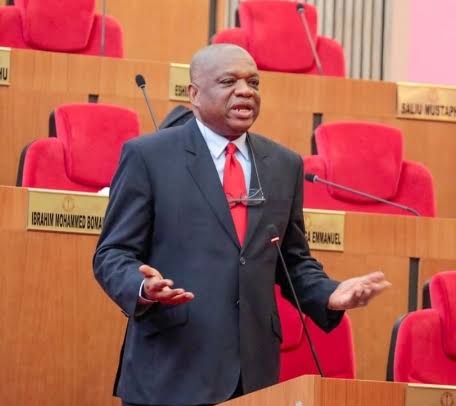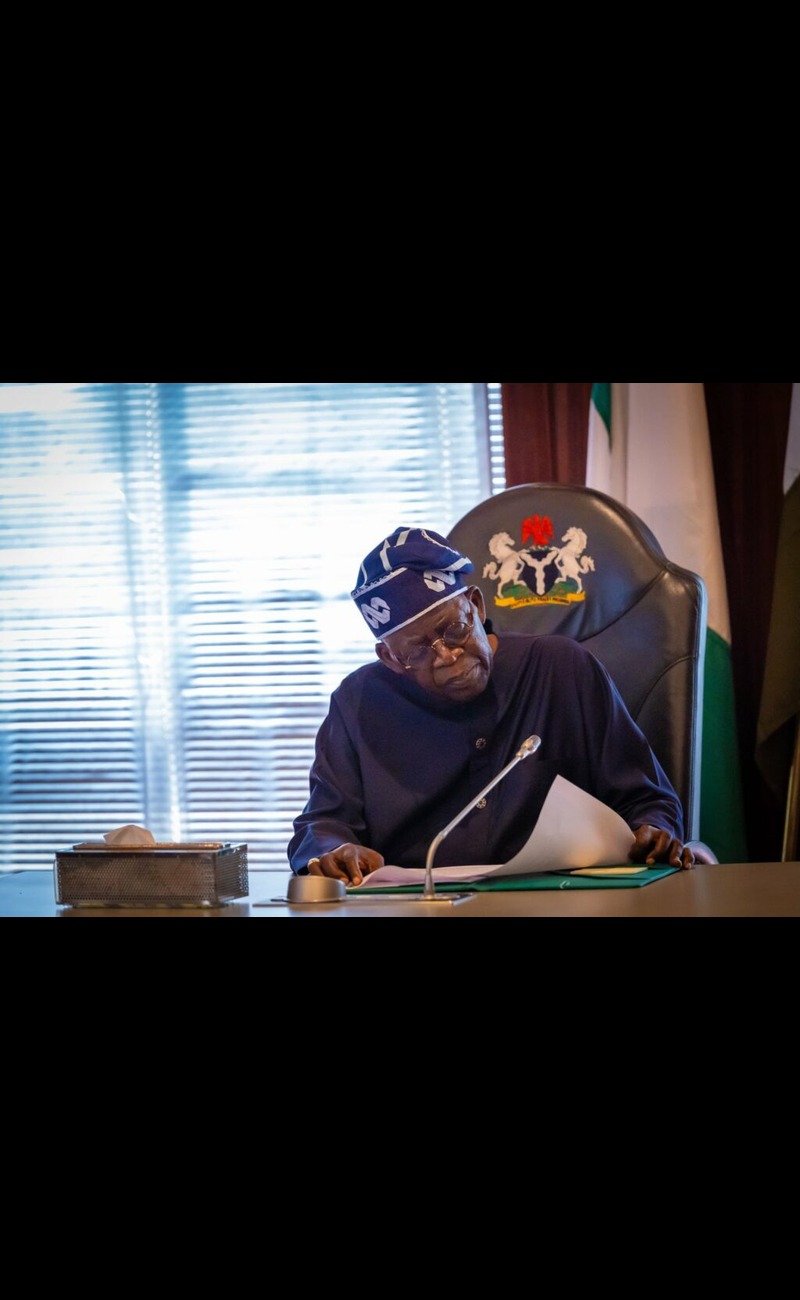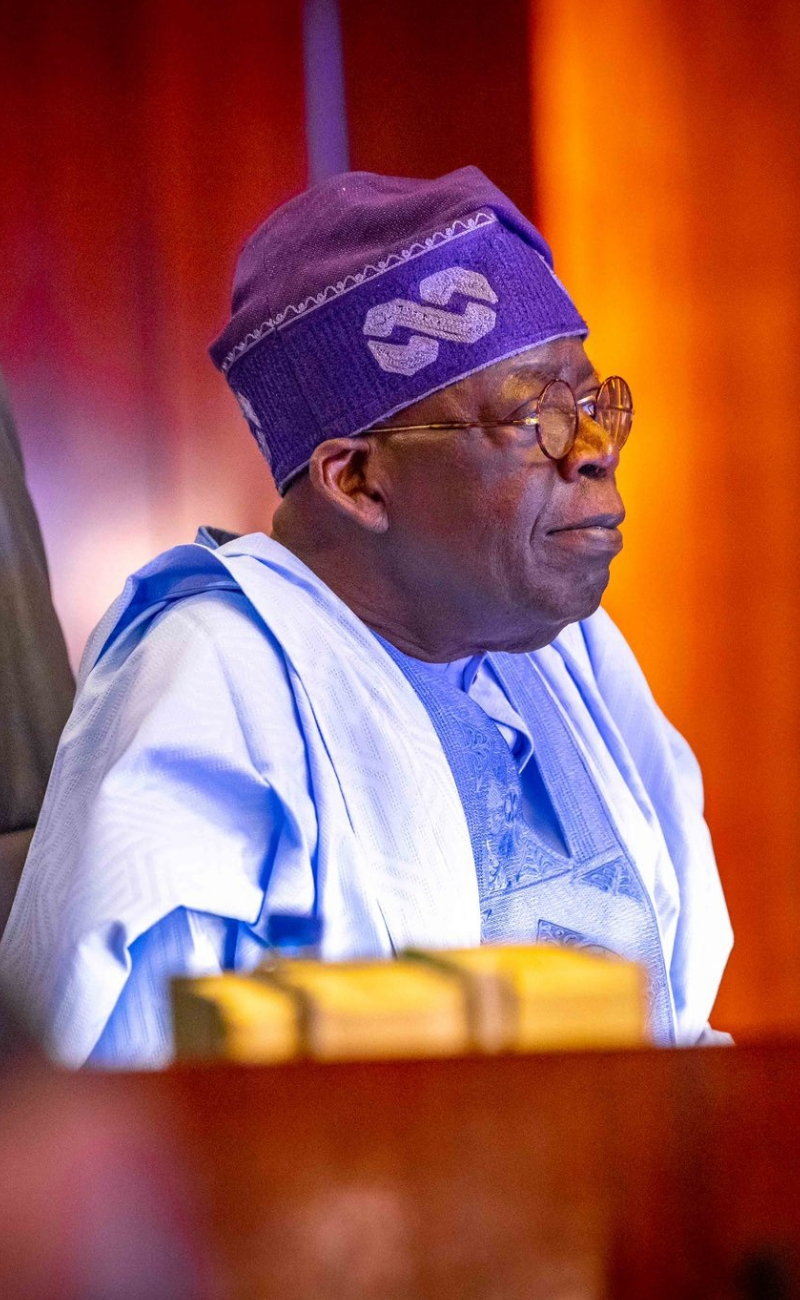Sen. Kalu might be well-versed in the commission’s framework but his suitability for this role is not without controversy.

The recent establishment of regional development commissions across Nigeria marks a pivotal shift in the country’s governance framework. These commissions are designed to address regional inequalities, boost economic development, and facilitate much-needed infrastructural projects.
Among them is the South East Development Commission (SEDC), a long-overdue initiative aimed at tackling the region’s historic marginalisation, infrastructural decay, and economic stagnation.
While the creation of the SEDC has been widely celebrated as a victory for the south-east, its success hinges on effective leadership, financial transparency, and strategic planning. A crucial part of this structure is the senate committee on the SEDC, which is expected to provide oversight and ensure that the commission fulfills its mandate.
However, the appointment of Sen. Orji Uzor Kalu (APC, Abia north) as chairman of the committee has sparked debates over whether he is the right person for the job.
READ ALSO: Akpabio shuffles committees as Kalu gets chair of south-east commission
SEDC: More than just a symbolic gesture
The SEDC arrives over 20 years after the Niger Delta Development Commission (NDDC) was established in 2000, and eight years after the North East Development Commission (NEDC) in 2017. The south -east, despite its significant contributions to Nigeria’s economy, has remained largely neglected since the end of the Nigerian civil war in 1970.
Poor federal presence, deteriorating infrastructure, inadequate security, and lack of investment have hindered the region’s growth, fueling economic migration and worsening security challenges.
The SEDC is expected to reverse decades of neglect by attracting investments, revitalising key industries, improving infrastructure, and fostering sustainable development. However, if it is to succeed, it must learn from the failures of similar commissions, particularly the NDDC, which has struggled with allegations of corruption, inefficiency, and political interference.
This makes oversight and leadership critical and raises pressing questions about Sen. Kalu’s appointment.
READ ALSO: SEDC: Can the new commission turn the tide for the igbos? 1
Orji Uzor Kalu: The right man for the job?
Sen. Orji Uzor Kalu is a seasoned politician, businessman, and media mogul. As a two-term governor of Abia State (1999–2007) and now a second-term senator, he possesses vast political experience and influence. His appointment as chairman of the senate committee on the SEDC follows his role in overseeing the screening of regional development commissions, suggesting that he is well-versed in the commission’s framework.
However, his suitability for this role is not without controversy.
Strengths:
•Political Clout – As a ranking senator and a high-profile APC leader in the south-east, Kalu has the influence to push for federal support and funding for the SEDC.
•Business Acumen – As the owner of SLOK Holding, Daily Sun, and New Telegraph, he has a strong background in business and media, which could aid in shaping the commission’s strategies.
•Legislative Experience – Kalu has sponsored multiple bills in the Senate, demonstrating his ability to navigate legislative processes effectively.
Concerns
•Corruption Allegations – Kalu was convicted in 2019 for N7.65 billion fraud during his tenure as Abia State governor. Although the Supreme Court later overturned his conviction on procedural grounds and ordered a retrial, the case raises questions about his credibility in overseeing a commission that will handle significant public funds.
•Public Perception and Political History – Kalu’s leadership style has often been polarising, and his relationship with other south-east leaders has been strained at times. Will his appointment unite the region behind the SEDC’s objectives, or create divisions that could weaken its impact?
•Risk of Political Interference – Given Kalu’s strong ties to the APC, there are concerns that the commission could be used as a political tool rather than a development agency.
Beyond the Appointment: The path forward
Regardless of who chairs the committee, the real challenge is ensuring that the SEDC does not become another ineffective bureaucracy. If it is to succeed where others have failed, the commission must:
1. Operate with full transparency – There must be a clear framework for accountability to prevent corruption and mismanagement.
2. Prioritise impact-driven projects – The commission should focus on infrastructure, industrialisation, and security, rather than serving as a conduit for patronage.
3. Engage regional stakeholders – Governors, business leaders, civil society, and traditional rulers must be actively involved to ensure that the commission’s projects reflect the region’s priorities.
4. Seek sustainable funding – Relying solely on federal allocations could cripple the commission. Alternative financing from private-sector investments and international development partners should be explored.
The south-east cannot afford another failed commission. The region’s development is long overdue, and the SEDC presents a rare opportunity to change its trajectory. However, whether this commission becomes a beacon of progress or another symbol of unfulfilled promises depends largely on how it is managed and the integrity of its oversight.
Kalu’s chairmanship of the SEDC senate committee is an undeniable test of both his leadership and the commitment of the senate to genuine regional development. Will he rise to the occasion and prove his critics wrong, or will his tenure reinforce skepticism about Nigeria’s regional commissions? Only time will tell.




